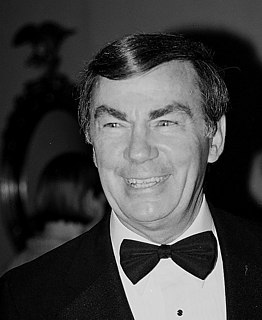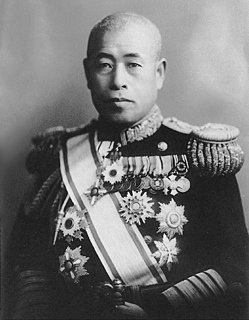A Quote by William A. Rusher
I think the important thing to remember about the Japanese internment is the situation. We had been attacked. Maybe Roosevelt expected it - I rather think he did. I don't think he expected an attack on Pearl Harbor. I think he expected an attack on Southeast Asia. But we were attacked at Pearl Harbor
Related Quotes
We can see now that we Americans were caught unprepared, because we were ordinary human beings, following the best advice we had at the time. No one would have guessed in 1941 that we would be attacked in such an unsportsmanlike manner as we were. No one could have visualized Pearl Harbor, either out there or in Washington. But if we had known then what we know now, we would have expected an attack in 1941.
I had a question. "Why does the name Pearl Harbor sound so familiar?" The lieutenant colonel's eyes narrowed. "Pearl Harbor is the most famous U.S. military base in the world," he said crisply. "It's the only place on U.S. soil that has been attacked in a wars, since the Revolutionary War." None of this was ringing a bell, but you already know I'm totally uneducated. Gazzy leaned over to whisper, "It was a movie with Ben Affleck." Ah. Now I remembered.

































